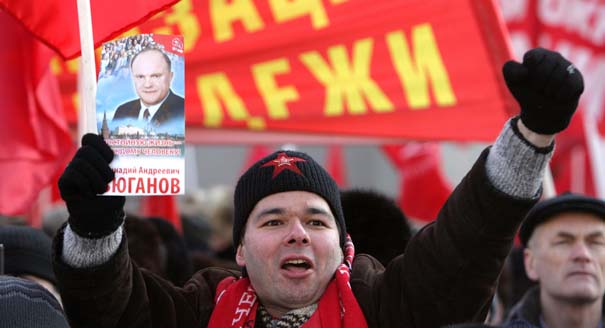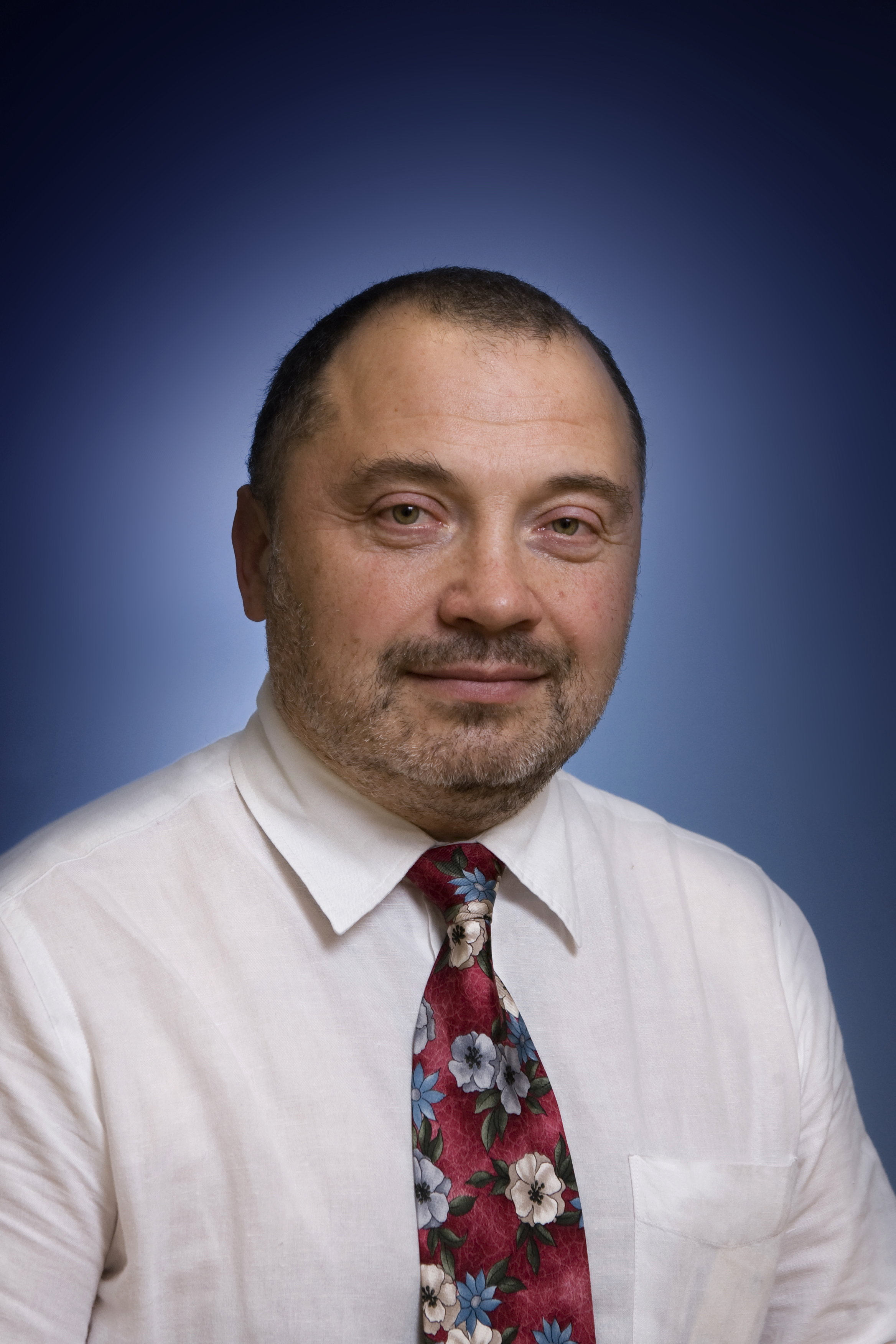Nikolay Petrov
{
"authors": [
"Nikolay Petrov"
],
"type": "legacyinthemedia",
"centerAffiliationAll": "",
"centers": [
"Carnegie Endowment for International Peace",
"Carnegie Russia Eurasia Center"
],
"collections": [],
"englishNewsletterAll": "",
"nonEnglishNewsletterAll": "",
"primaryCenter": "Carnegie Russia Eurasia Center",
"programAffiliation": "",
"programs": [],
"projects": [],
"regions": [
"Caucasus",
"Russia"
],
"topics": [
"Political Reform"
]
}
Source: Getty
A Crisis in Crisis Management
As protests against Moscow spread throughout Russia, regional governors loyal to the Kremlin, but lacking proven leadership skills, may be unable to meet the challenge posed by angry citizens.
Source: The Moscow Times

Dagestan is the only remaining Caucasus ethnic republic that hasn't experienced a change in the generation of leaders. Three years ago, Moscow reached an agreement for the retirement of the republic's previous long-serving leader, Mogamedali Magomedov, on the condition that his son be made speaker of the Dagestani parliament. The opportunities for making decisive changes to the political landscape in the Caucasus are limited. A new wave of terrorism is spreading throughout the region, and Moscow has less financial leverage than it had before.
In Murmansk, Governor Yury Yevdokimov entered into public conflict with United Russia by not only putting forward his personal candidate for the city's mayor, but by accusing his fellow party members of dirty politics.
There are also conflicts in other regions as we approach the elections on March 1. These are especially prominent in elections of parliaments in eight regions and mayoral elections in 10 regional centers. Before, United Russia used the governors as "locomotives" to promote party candidates in regional elections. But now, the party is trying to distance itself from the authorities, particularly since the federal government has come under greater criticism during the economic crisis.
United Russia is conducting an intensive house cleaning of its regional party ranks, most frequently opting for candidates favored more by the regional political elite than by the Kremlin. This is especially true of the speakers of regional parliaments, many of whom also run United Russia's local offices.
It is important to note that the demarches against Moscow took place not in developed, economically independent regions such as Moscow and Tatarstan, as had been the case in the past, but in regions that are relatively weak and that are largely subsidized by the federal budget. These public displays of discontent could easily increase in intensity and frequency as the crisis worsens.
In a deepening economic crisis, it is inevitable that there would be an increasing number of public conflicts in the regions. The real question is the extent to which they can be curbed. In recent years, the Kremlin has given a preference to obedient functionaries to fill gubernatorial positions, passing over other candidates with proven leadership skills. If tomorrow these governors must address angry crowds who are opposed to the authorities, most will be unable to meet the challenge. There are people who could handle this turbulent situation -- most of them are experienced politicians from the Yeltsin era who lived through the demonstrations and protests in the late 1980s and early 1990s. But today, they number fewer than a dozen.
This comment first appeared in The Moscow Times.
About the Author

Former Scholar-in-Residence, Society and Regions Program, Moscow Center
Nikolay Petrov was the chair of the Carnegie Moscow Center’s Society and Regions Program. Until 2006, he also worked at the Institute of Geography at the Russian Academy of Sciences, where he started to work in 1982.
- Moscow Elections: Winners and LosersCommentary
- September 8 Election As a New Phase of the Society and Authorities' CoevolutionCommentary
Nikolay Petrov
Recent Work
Carnegie does not take institutional positions on public policy issues; the views represented herein are those of the author(s) and do not necessarily reflect the views of Carnegie, its staff, or its trustees.
More Work from Carnegie Endowment for International Peace
- What We Know About Drone Use in the Iran WarCommentary
Two experts discuss how drone technology is shaping yet another conflict and what the United States can learn from Ukraine.
Steve Feldstein, Dara Massicot
- How Far Can Russian Arms Help Iran?Commentary
Arms supplies from Russia to Iran will not only continue, but could grow significantly if Russia gets the opportunity.
Nikita Smagin
- Is a Conflict-Ending Solution Even Possible in Ukraine?Commentary
On the fourth anniversary of Russia’s full-scale invasion, Carnegie experts discuss the war’s impacts and what might come next.
- +1
Eric Ciaramella, Aaron David Miller, Alexandra Prokopenko, …
- The Kremlin Is Destroying Its Own System of Coerced VotingCommentary
The use of technology to mobilize Russians to vote—a system tied to the relative material well-being of the electorate, its high dependence on the state, and a far-reaching system of digital control—is breaking down.
Andrey Pertsev
- Can the Disparate Threads of Ukraine Peace Talks Be Woven Together?Commentary
Putin is stalling, waiting for a breakthrough on the front lines or a grand bargain in which Trump will give him something more than Ukraine in exchange for concessions on Ukraine. And if that doesn’t happen, the conflict could be expanded beyond Ukraine.
Alexander Baunov












